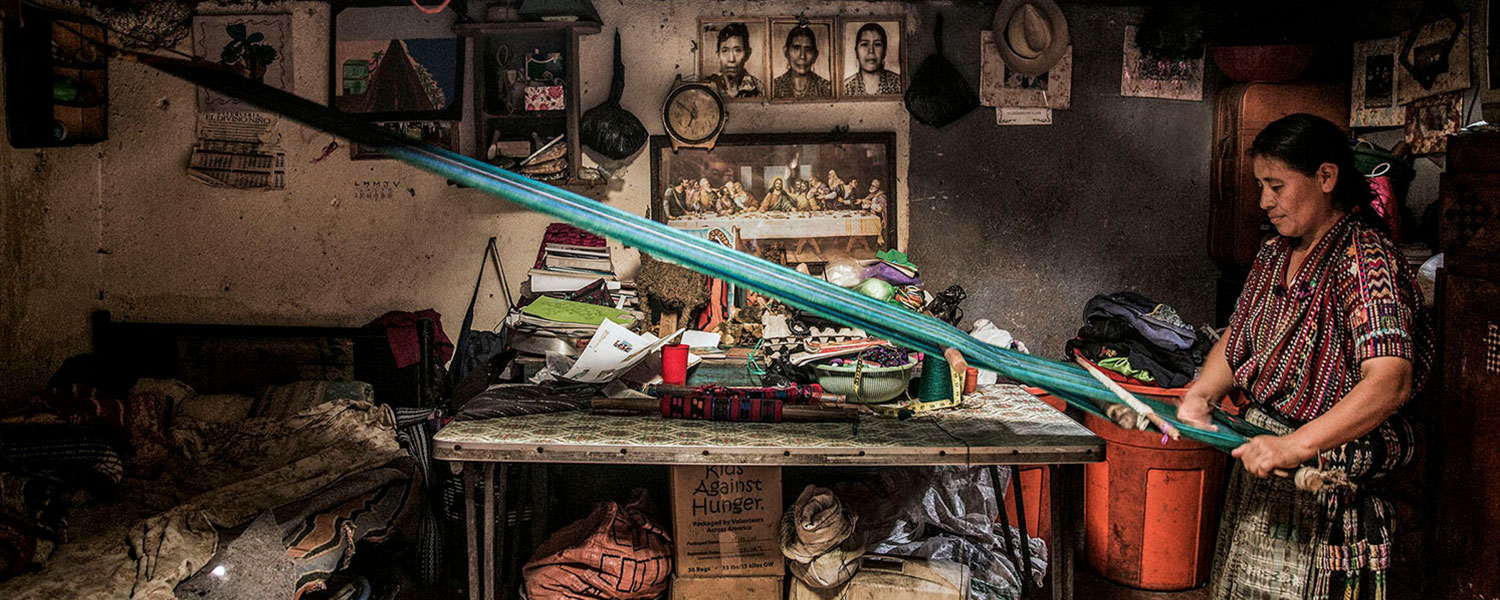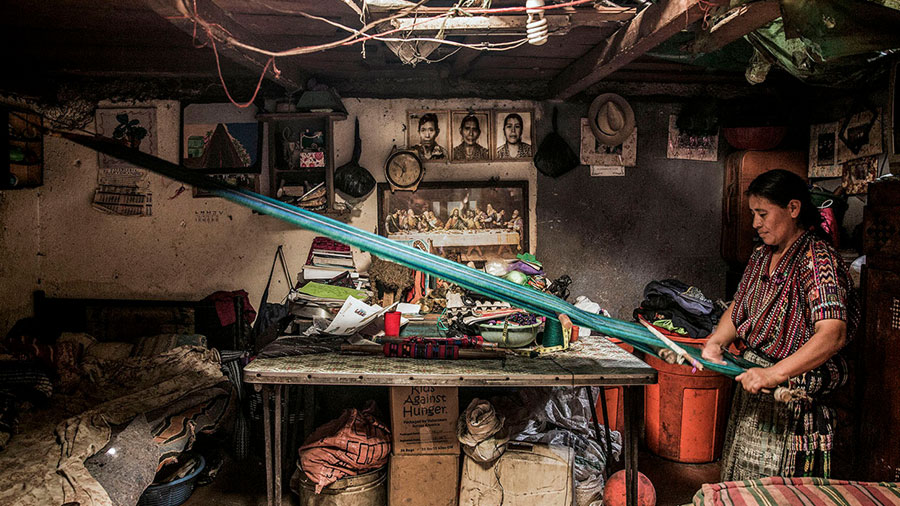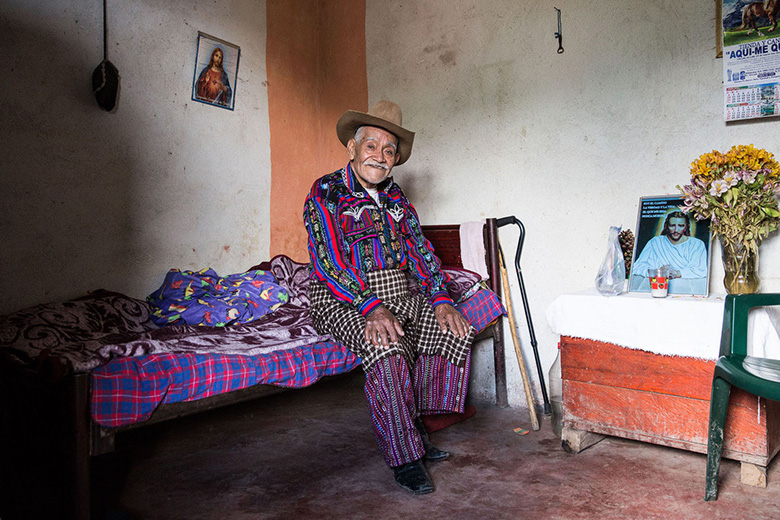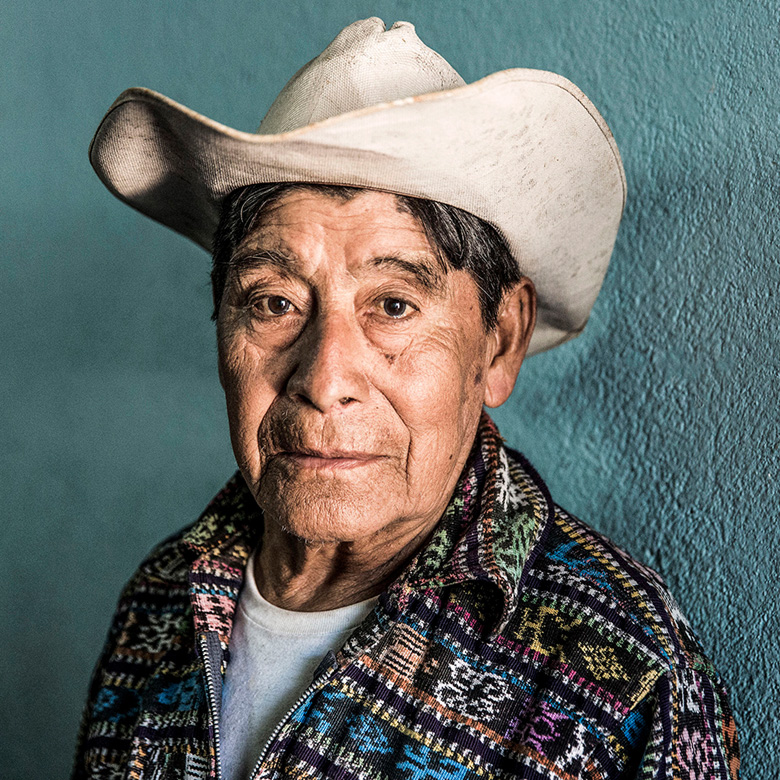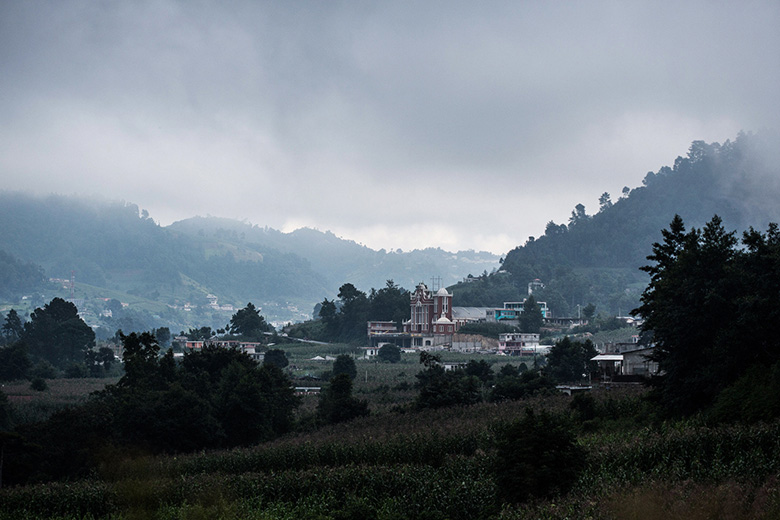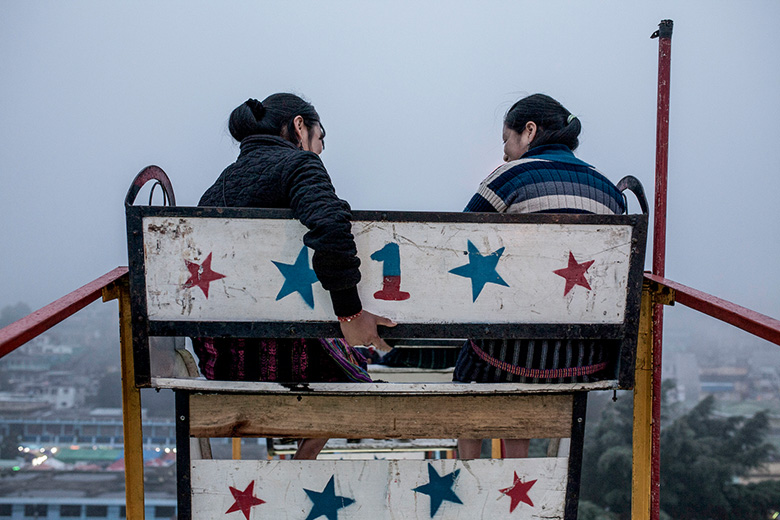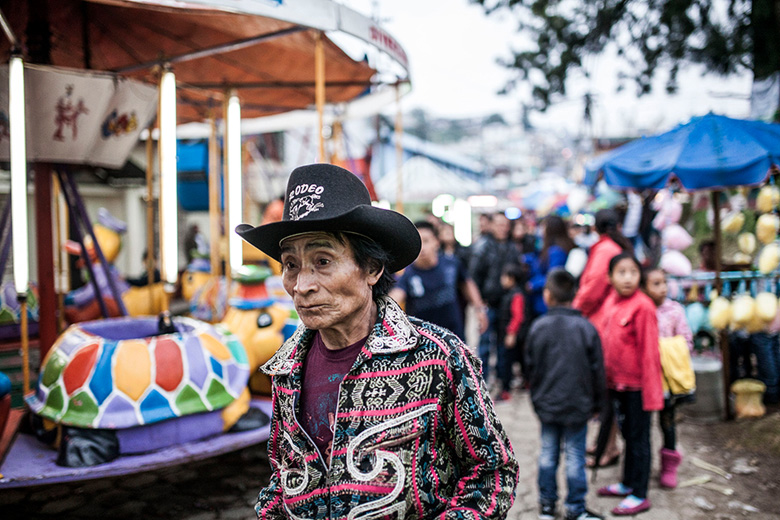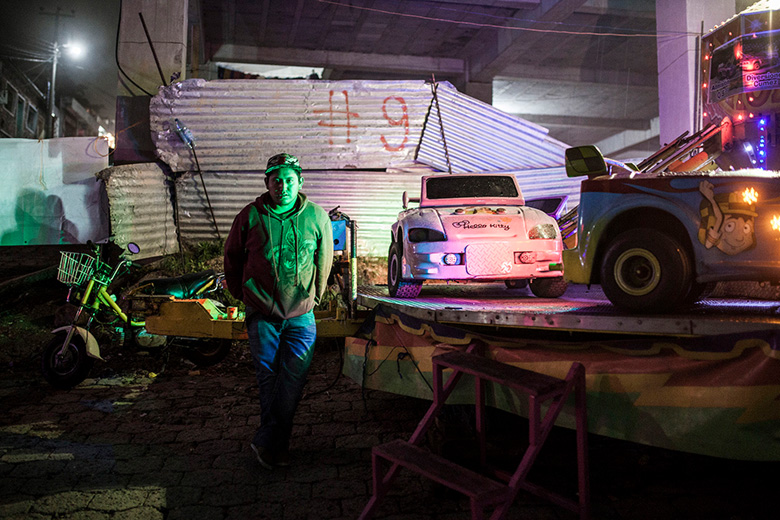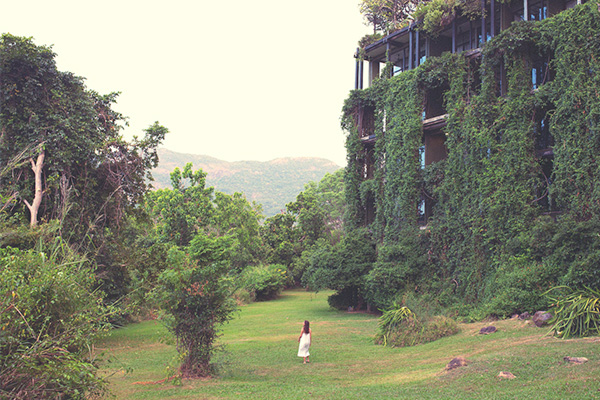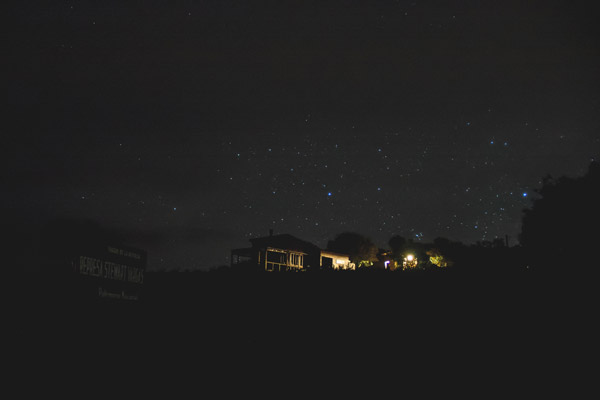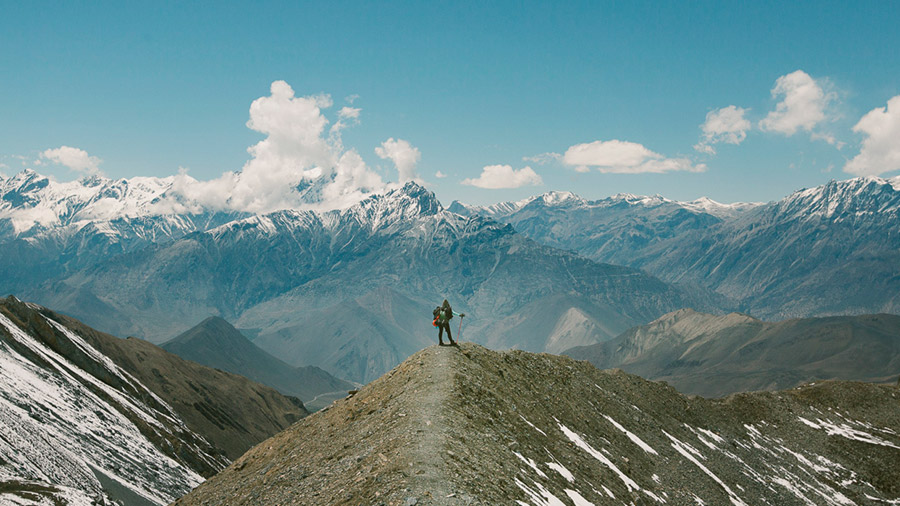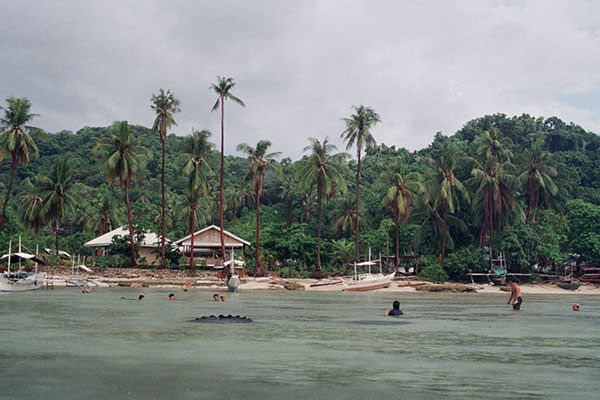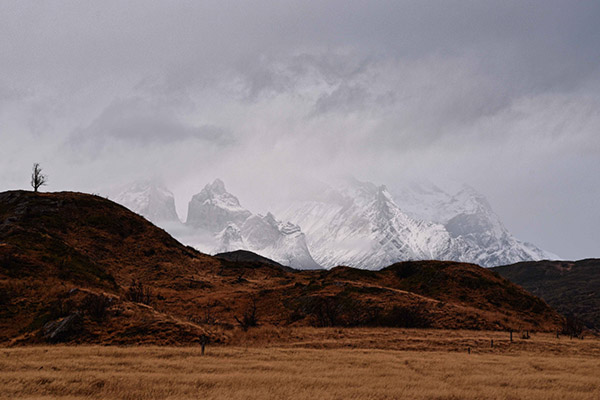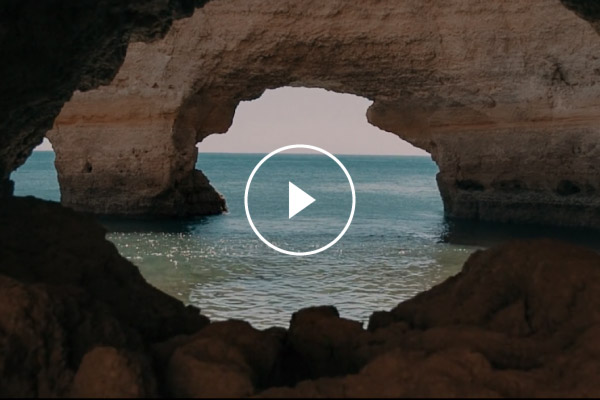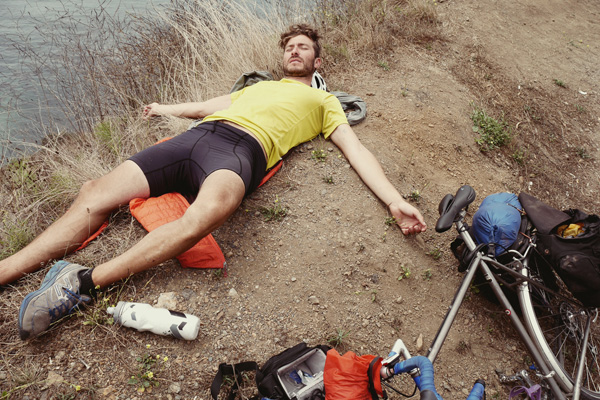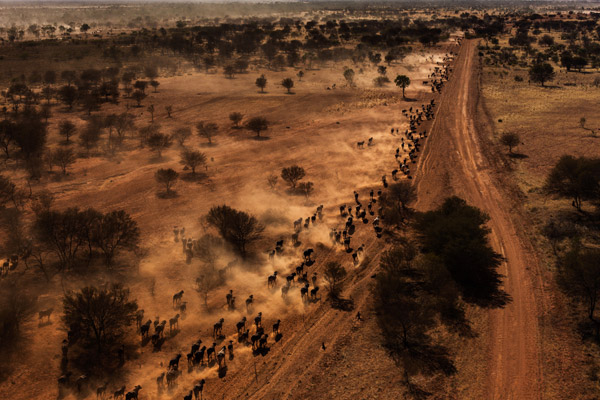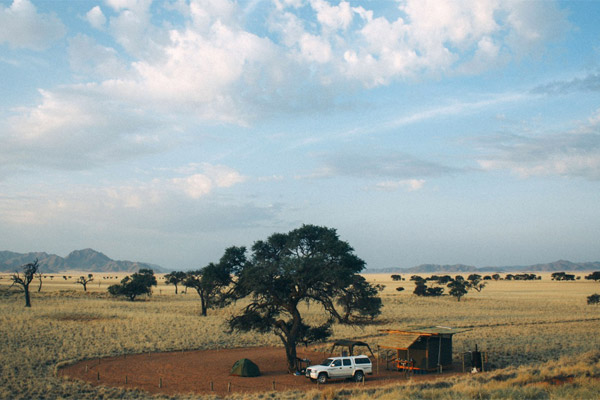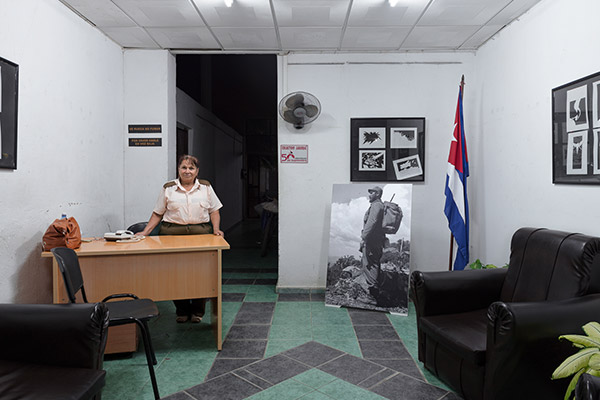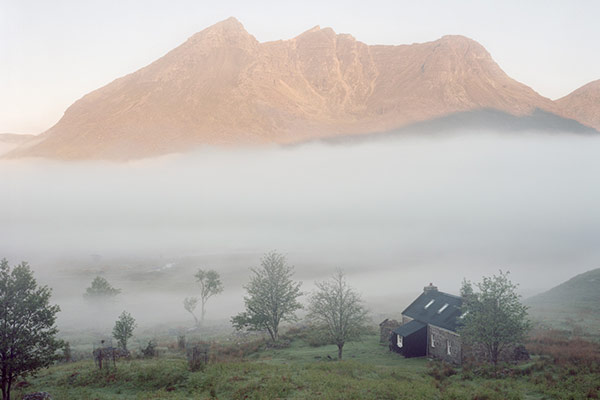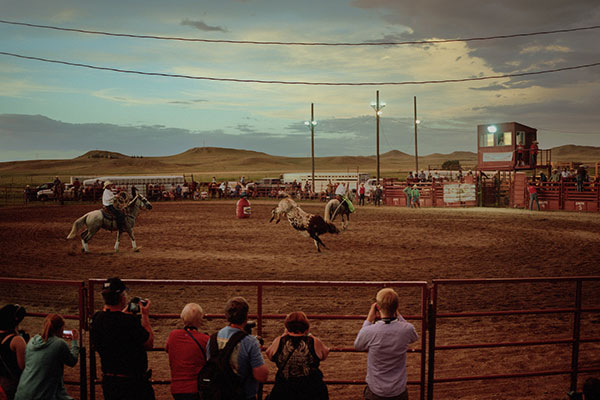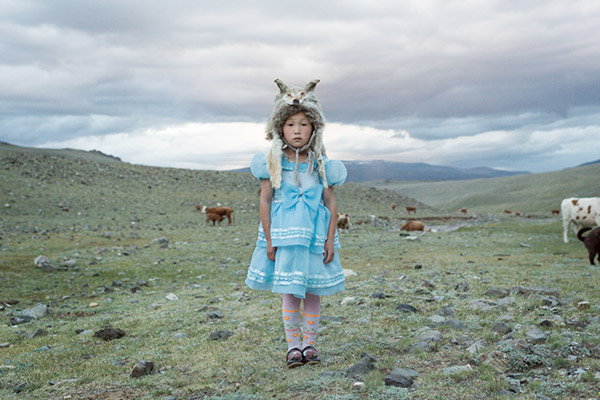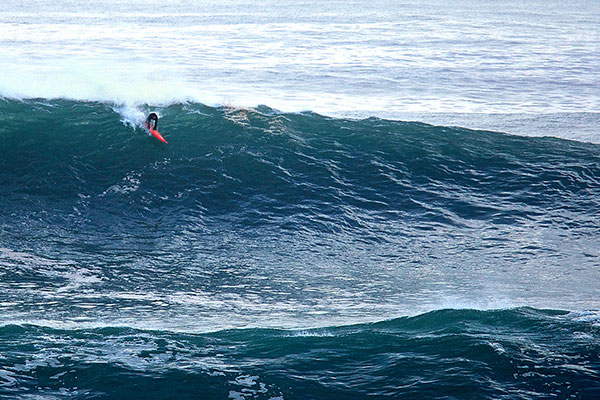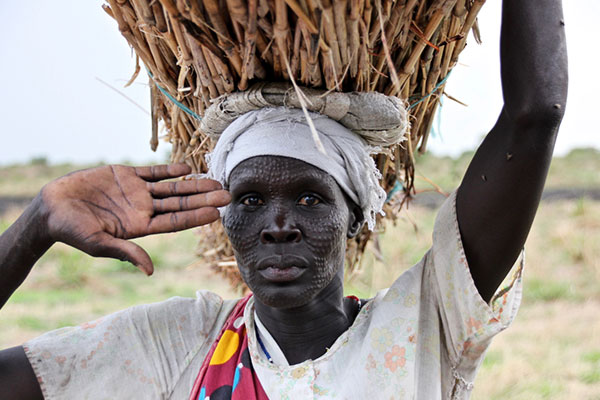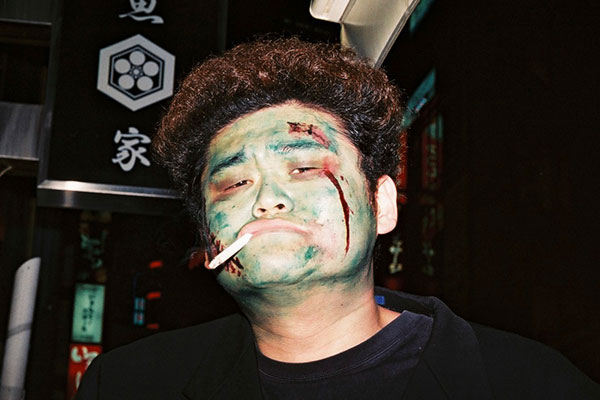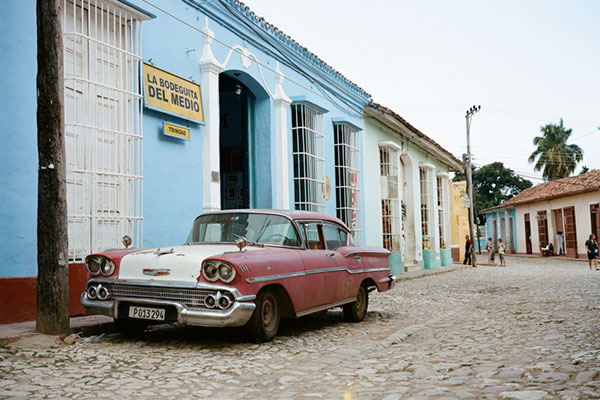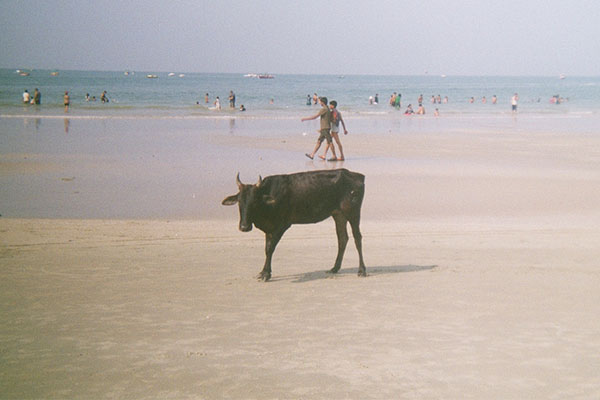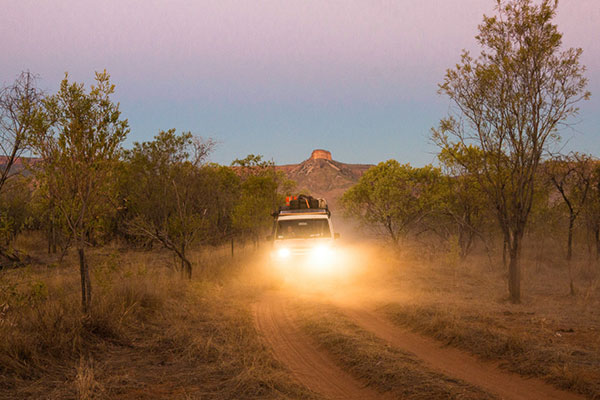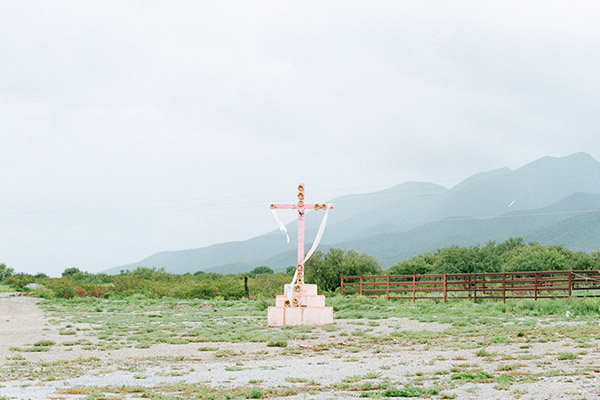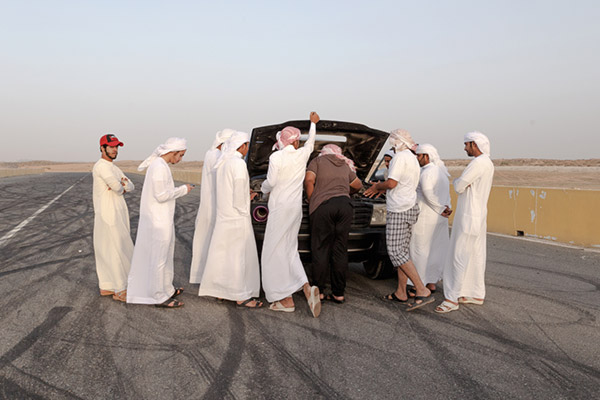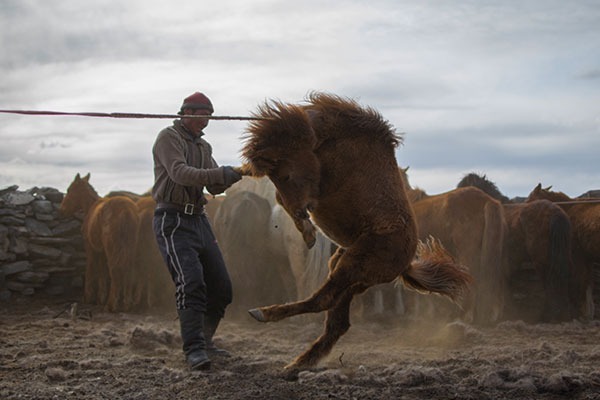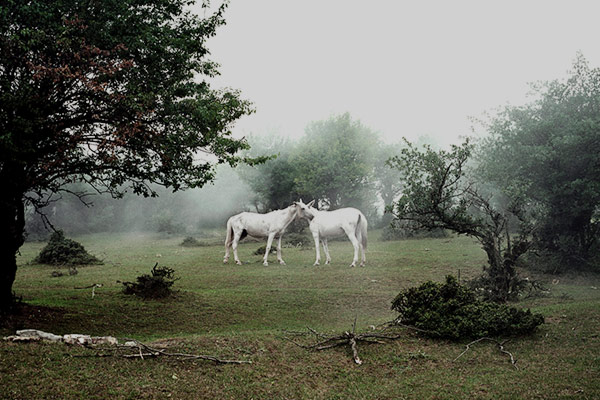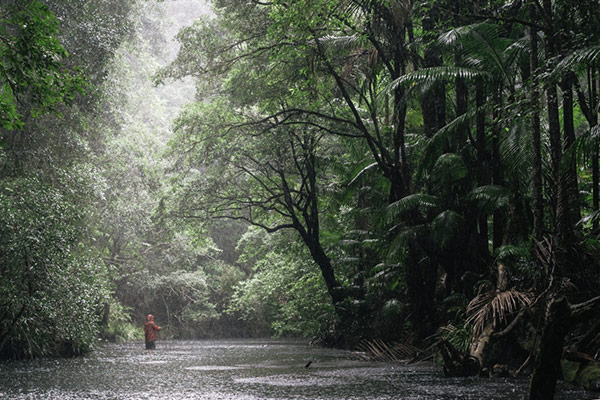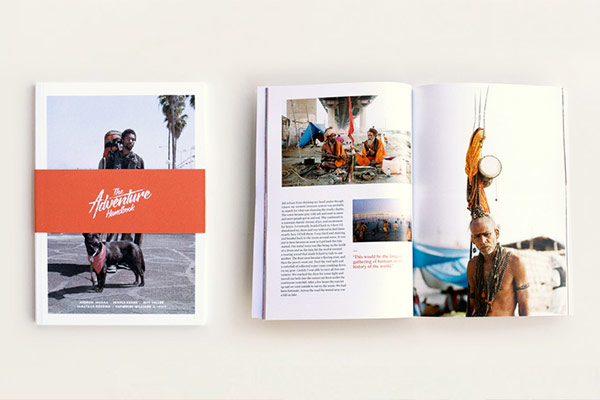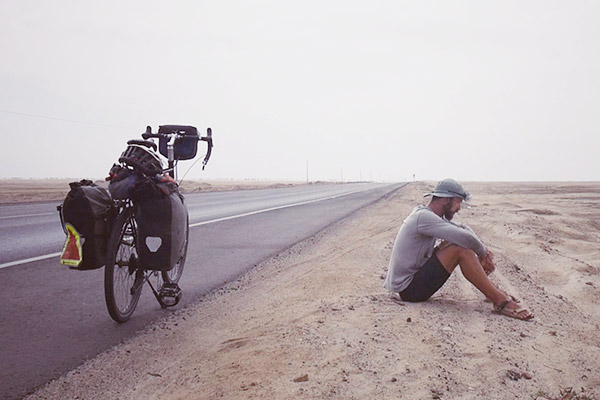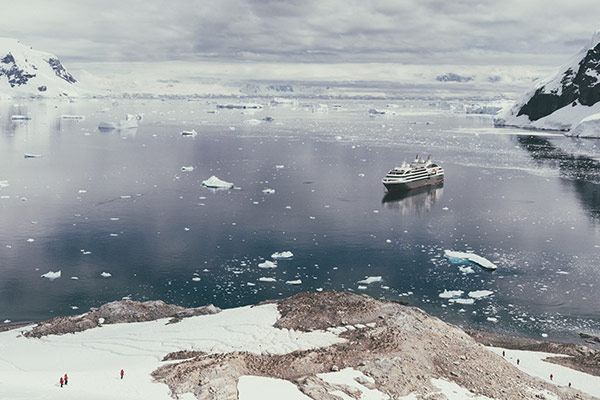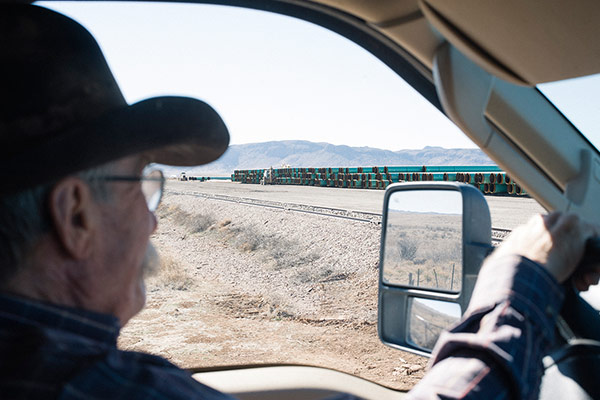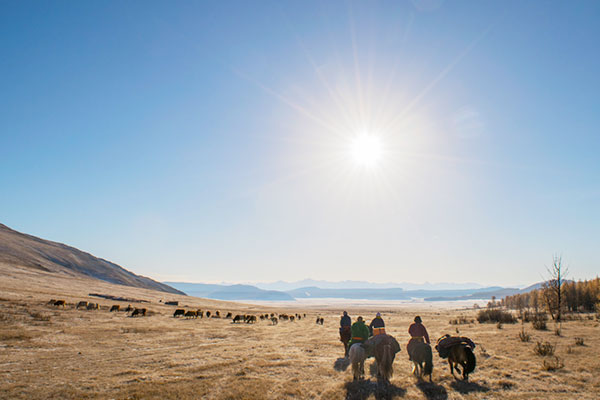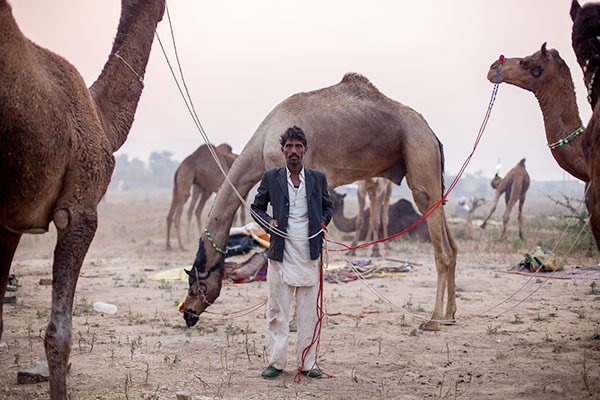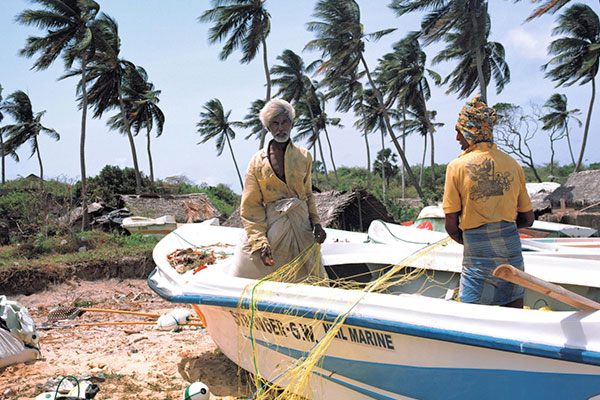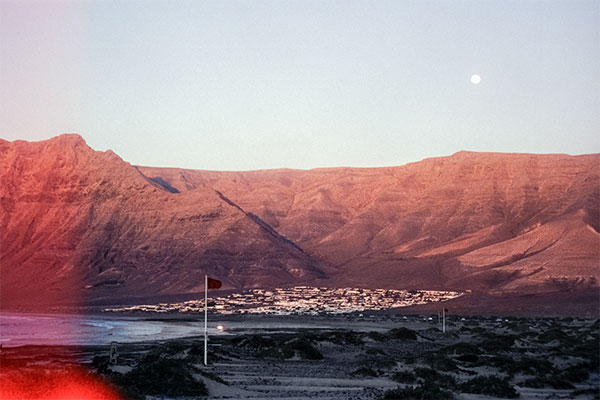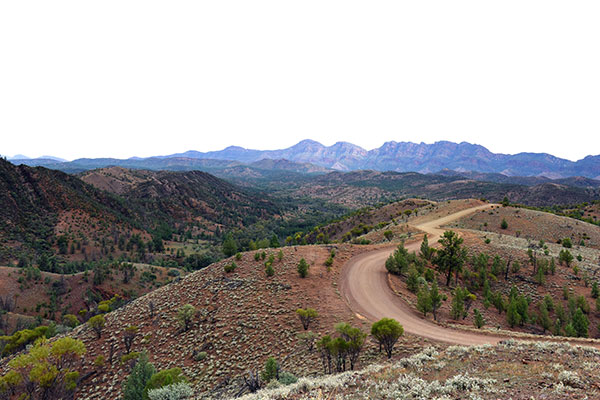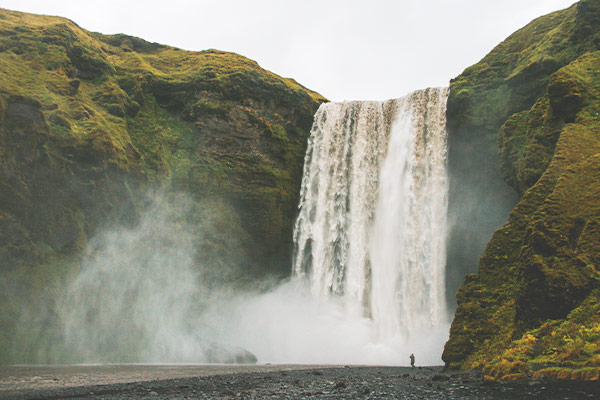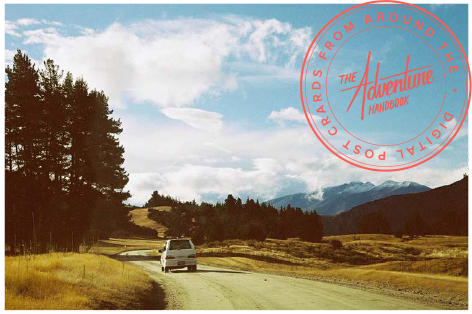In the highlands of Guatemala, with views to volcanos and to Lake Atitlan, resides Panajachel. A small touristic town that is also a way to indigenous villages that inhabit at the surrounding of the lake. The city is the home for Mayan families, a nongovernmental organisation created in 2005 by the couple Sharon and Dwight Poage with the mission to facilitate sustainable development programs in impoverished communities throughout the Lake Atitlán. The organization supports more than 12,000 indigenous Guatemalans with projects in different areas, having education as their core.
Sydney based photographer Karina Illovska went to Guatemala through Photographers Without Borders to document the work of Mayan Families. She remembers that what captured most of her attention was the beauty of the landscape: “Lake Atitlán is one of the most beautiful lakes I have seen. It has a peaceful spirit which seems to reflect the nature of most of its people. It is hard to imagine it is the same place that has a terrible history of genocide and civil war. Guatemala is so rich in beauty and history”.
In the midst of all its touristic beauties, Guatemala offers from poverty and misery. According to the World Food Program (WFP), young, indigenous and rural people are the most affected. The country has the highest rate of chronic malnutrition in Latin America and the Caribbean. In such underprivileged scenery, Mayan Families pursuits to care for the indigenous problems with a broader view, what they call a holistic approach. “Children can’t go to school and learn on an empty stomach, so we provide a meal and a snack to every student in our Preschool Nutrition Centers. We feed, educate and heal”, says Erin Crandell, Communications & Marketing Manager at Mayan Families.
Guatemala has a rich and colourful culture with Mayan and Spanish influences. But for people that live in such precarious conditions, sometimes basics like food and medicine can be more crucial than trying to promote and keep their culture. Mayan Families try to deal with this delicate issue with balance. Erin explains that the Preschool Nutrition Centers are the forefront for this effort: “There, we teach students in both their indigenous language and Spanish, and we also teach them about their culture through activities like traditional dance. Parents are also always encouraged to get involved with these activities”.
The country is well known for their unique art crafts, clothes and food. However, artisans are usually explored by a central buyer that don’t give them a fair compensation, delay on the payments, or do not compensate with the full amount they are owed. The ArtisanProgram created by Mayan Families gives to the local artisans an opportunity for stable work and fair prices, purchasing handcrafted beaded jewelry, handbags, house-ware, accessories, among others, determining an ethical price, and selling them locally and internationally.
Karina says that the series of photographs that she took on her last day, documenting the women in their homes, who weave as part of the artisan program, was one of the most
Karina says that the series of photographs that she took on her last day, documenting the women in their homes, who weave as part of the artisan program, was one of the most important of this project: “I enjoyed seeing the women weaving and seeing all the time and skill that goes into this art. The project provides a stable income for these woman. Its self sufficient and sustainable. They produce diaper bags for new mothers using traditional Mayan weaving techniques to make the fabric. Each one of them play a roll in the process, from weaving the material to sewing the bags together. The money they make through this project is much more than what they would get selling these to central buyers or at markets to locals or tourists”.
The organisation is very active online through its website, in social media and also with its own videos. Erin states that promoting awareness and knowledge about indigenous culture has been a particular focus for the Mayan Families Communications team. They believe that promoting visibility of indigenous culture can stimulate understanding between cultures and get more people investing in Guatemala. “Mayan Families has worked in this region of Guatemala for over ten years, so we want to share as much of the information we have built up over that time as possible. We also have an 85% indigenous Guatemalan staff, so we want to represent the culture of our staff as well as the culture of the communities we work with”, declares Erin.
Receive a postcard from us sign up


